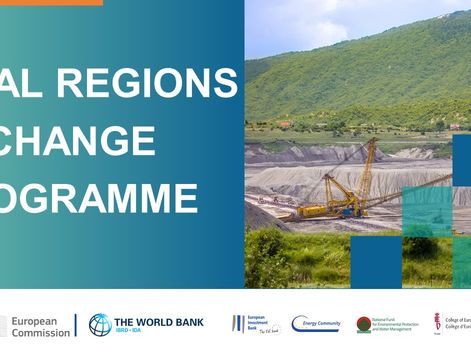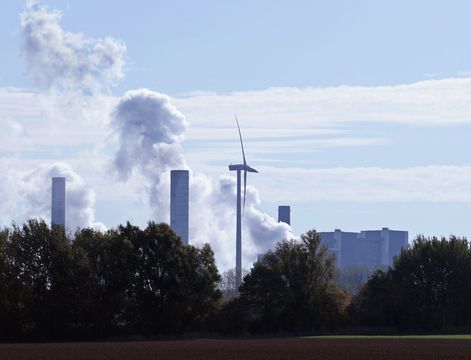At its 109th regular session, convened on 13th of January 2022, the Government of the Republic of Slovenia adopted and confirmed the third draft of the National strategy for phasing out coal and the restructuring of coal intensive regions in line with the principles of a just transition.
The adoption of the National strategy and the earliest possible start of its implementation was crucial for the official start of the energy restructuring process of the Republic of Slovenia. Both coal regions, Savinjsko-šaleška region, Zasavska region and all other entities, involved in the coal industry, are expecting a just and fair transition as quickly and comprehensively as possible, especially for the purpose of aid for all future affected workers and their families. Under the Just Transition Mechanism and its key tool, the Just Transition Fund, the country of Slovenia along with its both coal intensive regions will be able to draw funds in the amount of 248 million €.
Based on the National strategy for phasing out coal and the restructuring of coal intensive regions in line with the principles of a just transition, the government will also adopt the Act on the Gradual Closure of the Velenje Coal Mine and the Act on the Restructuring of the Savinjska-Šaleška Region, on which all the legislative, operative, and financial framework will be based. According to the local authorities of the Savinjsko-šaleška region, one of the key goals is to preserve an important energy point, along with as many jobs for the experienced local energy workforce as possible, which, together with a sudden start of the just transition process, poses a major challenge that ought to be achieved in just 11 years.
In the adopted draft of the National Strategy, the most optimal scenario, predict the coal phasing out by 2033 at the latest. Regarding the fact that this scenario offers an 11-year window of opportunity for a comprehensive restructuring of both regions and also Slovenian’s energy system, it also requires the most ambitious approach towards achieving all regional development priorities. It requires well-coordinated, feasible investments in prepared development projects with great multiplication potential for facilitating the required job growth and economic restructuring within the private sector. Political support represents an essential aspect for promoting the change, but it also poses the risk for success of achieving the objectives of fair transition in a relatively short period of time.











